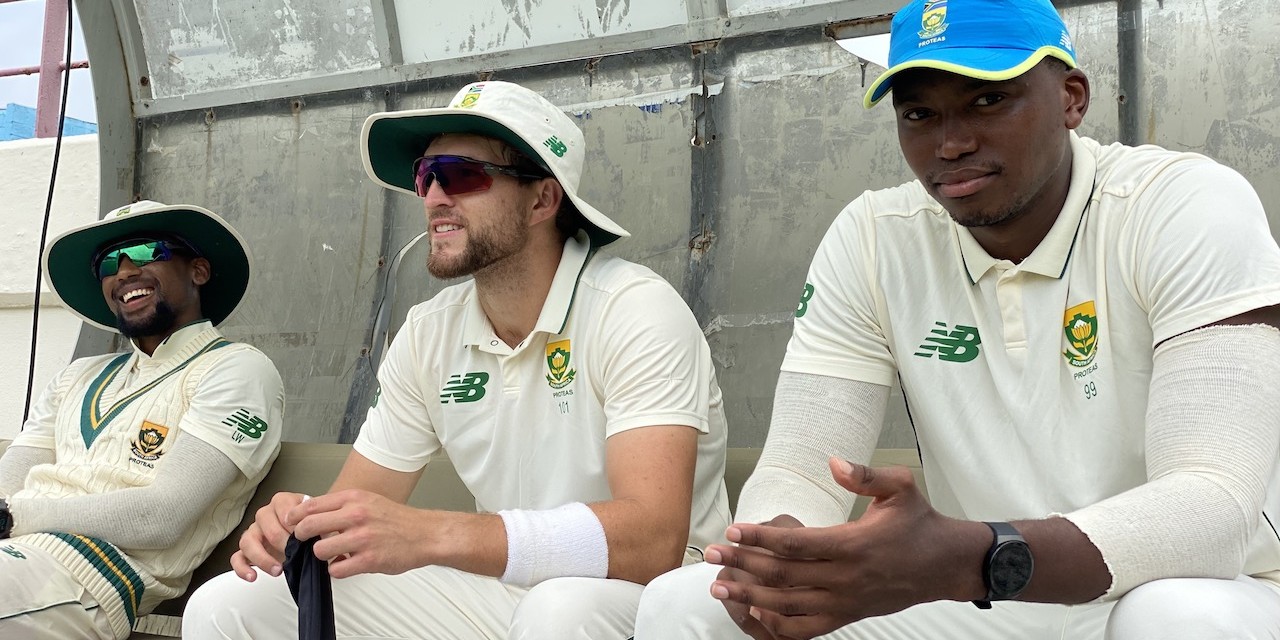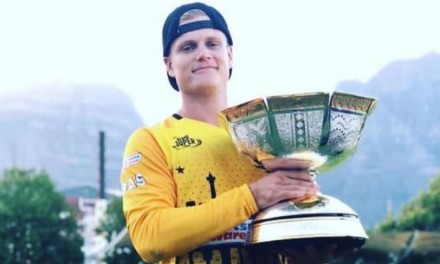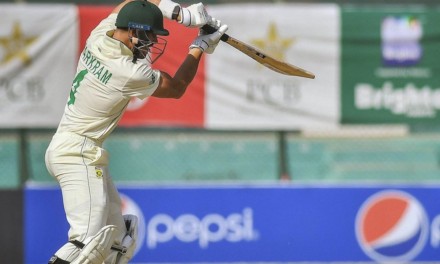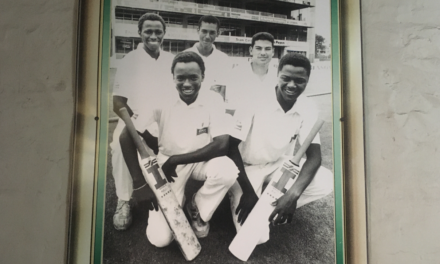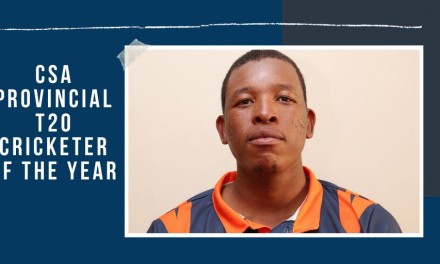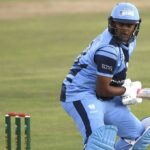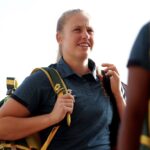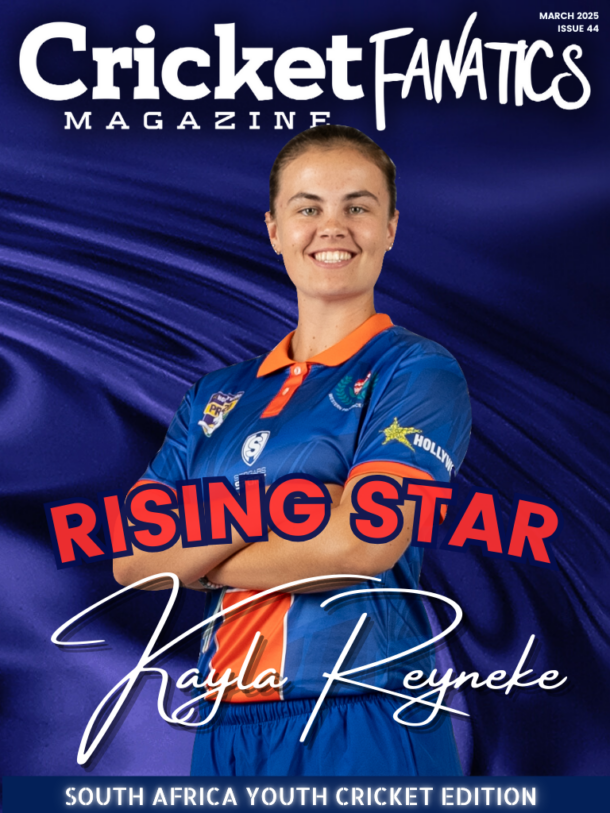Given that the Proteas have only played two Test series overseas in the space of two years, this latest trip has a slightly retro feel – one that casts the mind back to the readmission Test against the West Indies in 1992.
The similarities are glaring. The 1992 vintage and the current set-up are in a similar phase. There is a lack of identity and team culture with no winning momentum.
It’s crazy to think that just over three years ago, the Proteas were at the top of the ICC Test Rankings after a first-ever home Test series win over the Aussies since 4-0 whitewash during the 1969-70 tour.
It’s even more bizarre that the talented younger core of that side remains but the ‘Protea Fire’ team culture that was cultivated under Graeme Smith, and later Faf du Plessis, has been eroded since the dark clouds that have surrounded the national side since the 2019 Cricket World Cup.
The Proteas now sit in a lowly seventh position – behind the Windies in sixth – in the latest ICC Test rankings and are worlds away from the highs of 2018.
The reset has already begun, and a tour to the Windies could be the right tonic to recreate a team culture that has been missing for some time. It’s been far too long since South Africa toured the Caribbean for a Test series, which was once the pinnacle of every top side.
Growing up in the 1980s was a time when you held the West Indies players up as the greatest on the planet. A bit like the All Blacks under Richie McCaw or Steve Waugh’s Aussie side in the late 1990s.
The Windies 1980s rebel side were a popular bunch – one that debunked the horrid Apartheid propaganda that the whites were a superior race. Jimmy Cook found that out after the late Ezra Moseley gave him a rip-snorter that almost took his head off.
It wasn’t even the real thing, but some of South Africa’s finest cricketers – although ageing – struggled against a side that would have been taken to the cleaners by the likes of Viv Richards, Clive Lloyd, Desmond Haynes, Malcolm Marshall, Michael Holding and Joel Garner.
Winning a Test series in the Caribbean was a mere pipe dream for most. South African provincial cricket was littered in the ‘80s with former greats like Marshall and Haynes, and Windies rebels like the late Sylvester Clarke and the genius of Franklin Stephenson, who would have been a Test cricket legend had he played but was banned for touring South Africa.
They were well-loved by local fans, so when South Africa were on course to win the one-off Test that welcomed them back from Test isolation, many sat up and took notice.
But not Curtly Ambrose and Courtney Walsh. The Windies machine was well-oiled back then and everyone knows what went down on the final day. “Calypso Collapse” read one of the headlines the following day.
The Proteas, fresh from their 1992 World Cup success in reaching the semi-finals, relied on a strong provincial white-ball cricket culture that was amplified by the very popular Benson & Hedges Night Series Cricket.
It didn’t translate to the longer format, though, and the lack of team culture and inexperience caught up with South Africa on that explosive final day.
Since then, South Africa have always had the upper hand. Although, rather peculiarly, the Proteas rarely play a Test series in the Caribbean – the last one coming in 2010 when the likes of Graeme Smith, Jacques Kallis, Ashwell Prince and Mark Boucher were still big features in that Test lineup.
In 2001, the Test series win for the Proteas was seen as a massive victory – considering what had happened in 1992. It was even celebrated with cigars that had a bit more of a ‘kick’ in them. That tour was also the beginning of a new era after the Hansie Cronje saga the year before.
The ease of victory saw the Test series between the two sides being downgraded from a five-match series. It showed how far the West Indies had fallen into a state of mediocrity.
The Proteas find themselves in a similar position – even their Test ranking shows that, and it must be said that in all fairness, South Africa are not favourites. Just like Bridgetown, Barbados in 1992.

